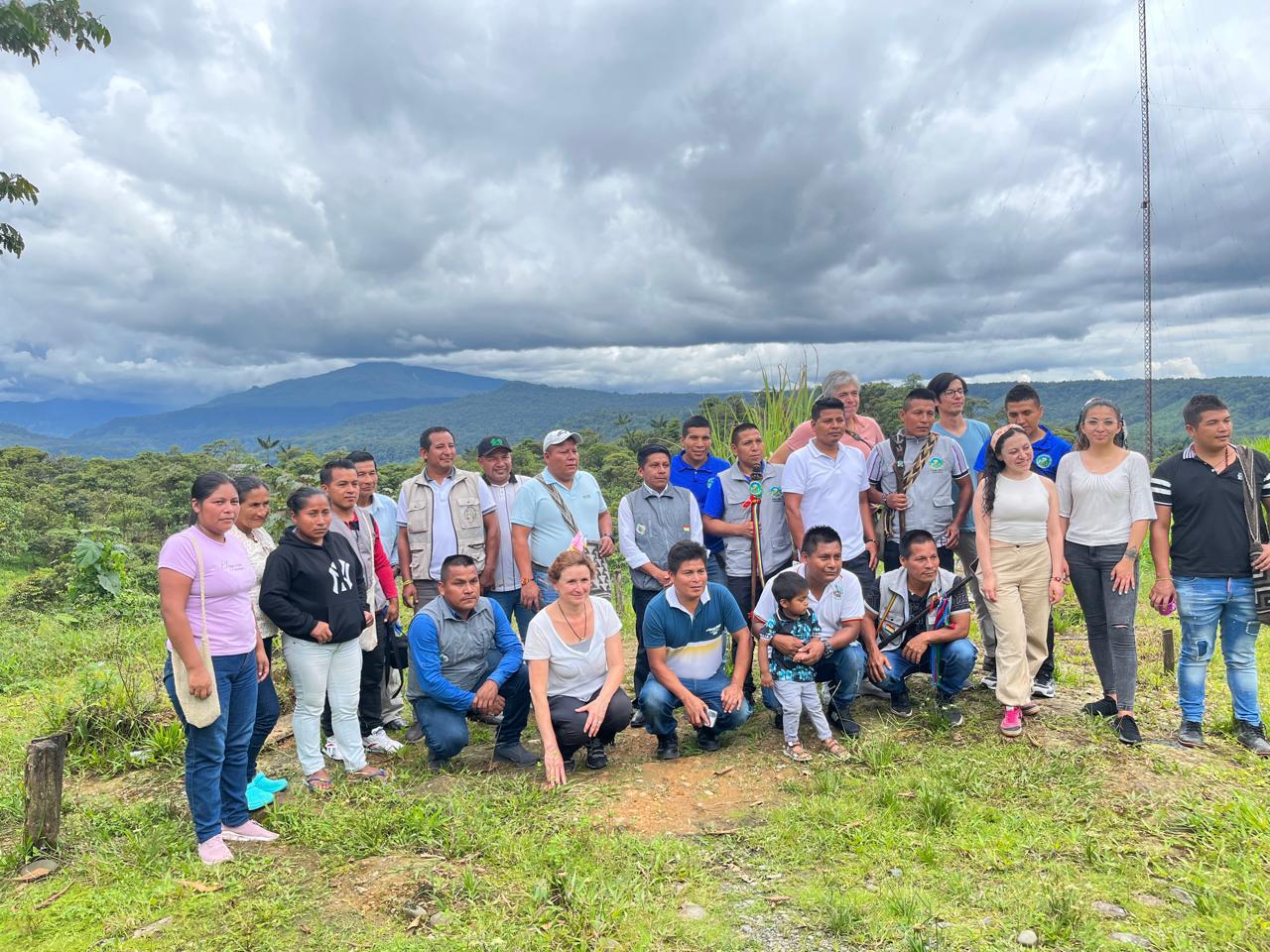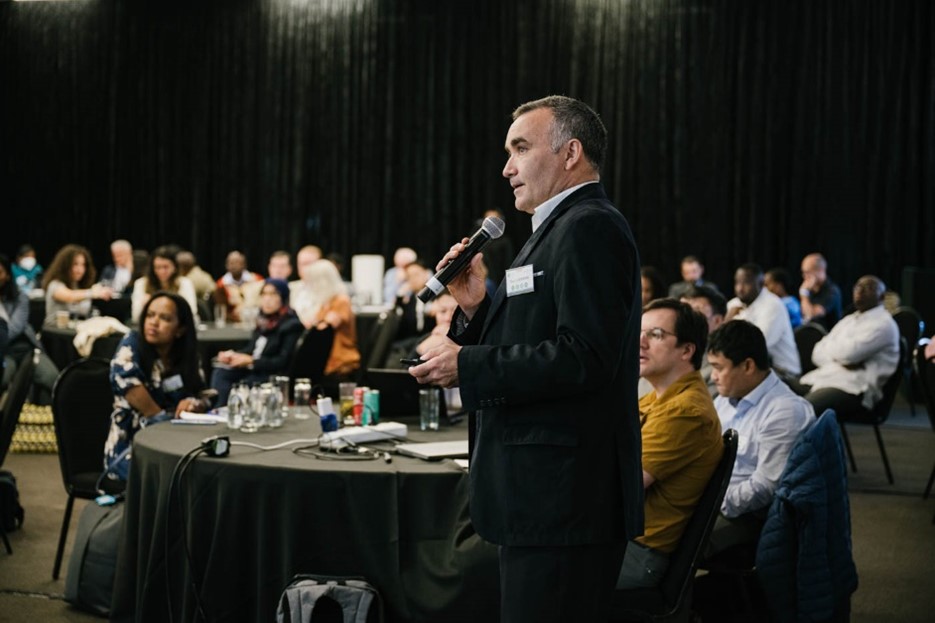How can Protected and Conserved Areas Promote Equity and Rights? Suggested Pathways and Actions at the Africa Protected Areas Congress
The inaugural Africa Protected Areas Parks Congress (APAC) has opened in Kigali, Rwanda. Almost twenty years on from the landmark Vth IUCN World Parks Congress held in Durban, South Africa in 2003, the theme of governance, equity and rights remains high on the nature conservation agenda, bringing continuity to this critical theme.

The outcomes of APAC will culminate in the Kigali Call to Action, which will shape the next decade of conservation actions on the African continent and could also be reflected in the post-2020 Global Biodiversity Framework targets, due to be adopted later this year in Montreal, Canada.
Governance, equity, and rights have long been on the global agenda, and this is reflected in numerous international and regional laws and policies on human rights and biodiversity conservation, including IUCN Resolutions and Recommendations. The much cited ‘fortress conservation’ and its legacy and impact are increasingly becoming known. In parallel, large swathes of land containing biodiversity – the focus on the draft targets – are found on the territories, land, and waters of Indigenous Peoples and local communities, so the recognition of their rights, customary governance systems, and livelihoods will be central to halting the biodiversity crisis.
“Protected and conserved areas in Africa have a complicated legacy, with conservation success too often coming at the expense of local communities. One key focus of the first-ever IUCN Africa Protected Areas Congress is to give a voice to these marginalised communities, stressing their stewardship of nature and the need for inclusive and just conservation models under African leadership, and with global support”, said Dr Bruno Oberle, IUCN Director General.
The focus therefore needs to turn to the discussion of practical implementation. As with the climate change crisis, no single solution is adequate, rather a whole host of solutions at various levels, from global, regional, national, subnational, and local, will be required. With this is mind, we have designed a series of interventions at APAC to reflect a series of actions, at various levels, that could be implemented.
At the global and regional levels, we will need political will and the adoption of strong language in the draft post-2020 Global Biodiversity Framework. Building on our work at the March 2022 meetings of the Convention on Biological Diversity, we continue discussions on equitable governance at the global and regional political level. The three panels are designed to discuss governance diversity in the systems of protected and conserved areas, the rights of Indigenous Peoples and local communities (IPLCs), and gender. Governance diversity speaks to the recognition of a wide range of actors in biodiversity conservation beyond the conventional government and protected areas agencies, to conservation practices recognised by Indigenous Peoples and local communities, including Territories of Life, private actors and shared governance arrangements. The panel on IPLCs will discuss the specific rights, governance systems and stewardship role of IPLCs and the potential to recognise these under the draft post-2020 GBF. The panel on gender will consist of a range of high level female leaders from African governments and Indigenous Peoples’ communities.
At the national level, dialogue amongst stakeholders and rightsholders can foster trust, partnership building, and discussion of challenges, solutions and opportunities. The Wednesday event will focus on the importance of reviewing systems of PCAs, and discuss how equitable, connected and coordinated the system of marine protected areas and locally managed marine areas in Kenya.
At the site level, a number of tools and approaches have been developed to examine governance issues. One such tool is the Site Assessment for Governance and Equity (SAGE) which has been applied in various candidate IUCN Green List sites across the African continent. And finally, for governance to be successfully implemented, a range of collective learning approaches are needed for various actors at all levels. The Regional Resource Hub and BIOPAMA will host a live action governance assessment during Friday’s lunchtime slot, which will be followed by a conservation campus event that is based on a BIOPAMA co-learning and capacity development programme, and will feature several success stories from Indigenous Peoples and local communities. Peer to peer learning and understanding the enabling conditions will be shared. The learnings are based on a new collection of PANORAMA solutions that feature best practices of governance and recognition of the rights of IPLCs.
Each event will feature a speaker from a representative of an IPLC to offer critical perspectives on discussions.
To learn more about the work of the Governance, Equity and Rights programme, please contact the author: jennifer.kelleher@iucn.org
 Photo: IUCN
Photo: IUCN



